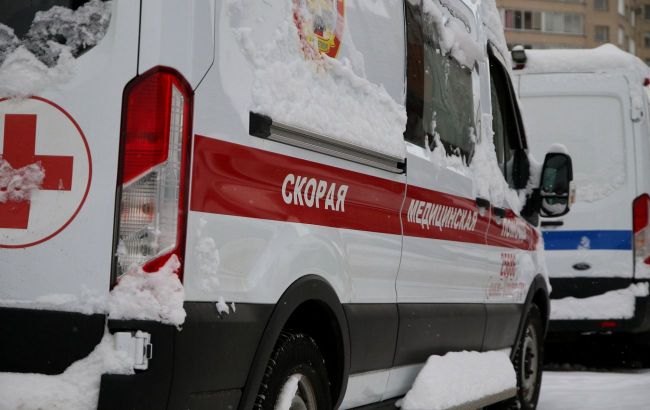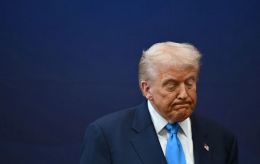War in Ukraine causes medical worker shortage in Russia: British intelligence
 Photo: The war in Ukraine has led to a shortage of medical workers in Russia (Getty Images)
Photo: The war in Ukraine has led to a shortage of medical workers in Russia (Getty Images)
Russia's war against Ukraine has likely led to a shortage of medical workers across the aggressor country's territory, according to British intelligence.
As intelligence reports, after the mobilization of the Russian army in September 2022, medical workers were warned not to leave the country. Eventually, up to 2% of doctors and medical personnel fled Russia to avoid conscription. Additionally, up to 3,000 medical workers were likely mobilized to provide medical assistance during combat operations.
In November 2023, the Ministry of Health of Russia announced a shortage of approximately:
- 26,500 doctors;
- 58,200 middle medical staff.
Significant shortages of doctors are observed in 22 regions of Russia, with 7 regions experiencing acute deficits.
According to estimates for January 2024, over the past 15 months, the number of doctors in Russia has decreased by 7,500. Many blame this on long working hours and low salaries.
The State Duma Committee on Regional Policy and Local Self-Government, in its budget report for 2024, states that poorer regions of Russia will face problems with funding medical staff salaries.
"The heavy resource and financial burden of supporting Russia's war in Ukraine is negatively affecting a range of civilian sectors that serve the Russian population. There are no signs that the trend of reducing numbers of healthcare professionals in Russia will change during 2024," intelligence adds.
Sanctions against Russia
Since the onset of Russia's full-scale invasion of Ukraine, the European Union (EU) and a number of other countries have significantly expanded restrictive measures against the terrorist country. Sanctions include a ban on the import of Russian oil, disconnecting several Russian banks from the SWIFT system, as well as a large number of export restrictions. Since the beginning of Russia's invasion, the EU has already introduced 11 packages of restrictions.
Recently, Taiwan added 77 items to the list of goods whose export to Russia and Belarus is prohibited.
Meanwhile, the EU has initiated discussions on a new package of sanctions, which it intends to approve by February 24, 2024. However, as reported by Reuters, the sanctions package will not include new restrictions on the import of Russian goods.

